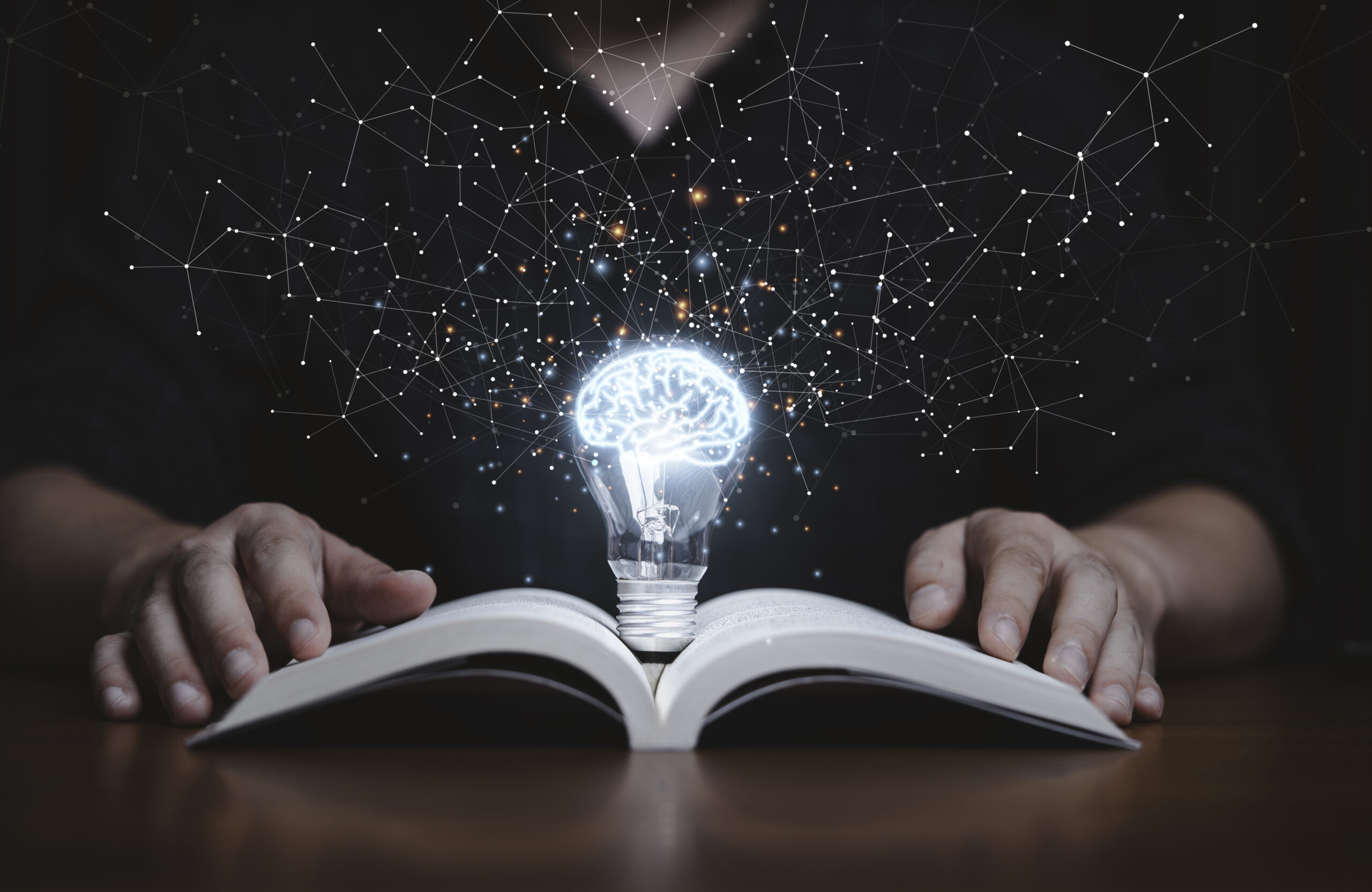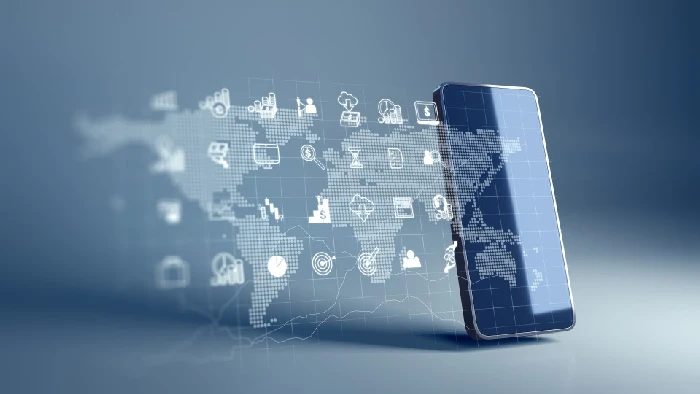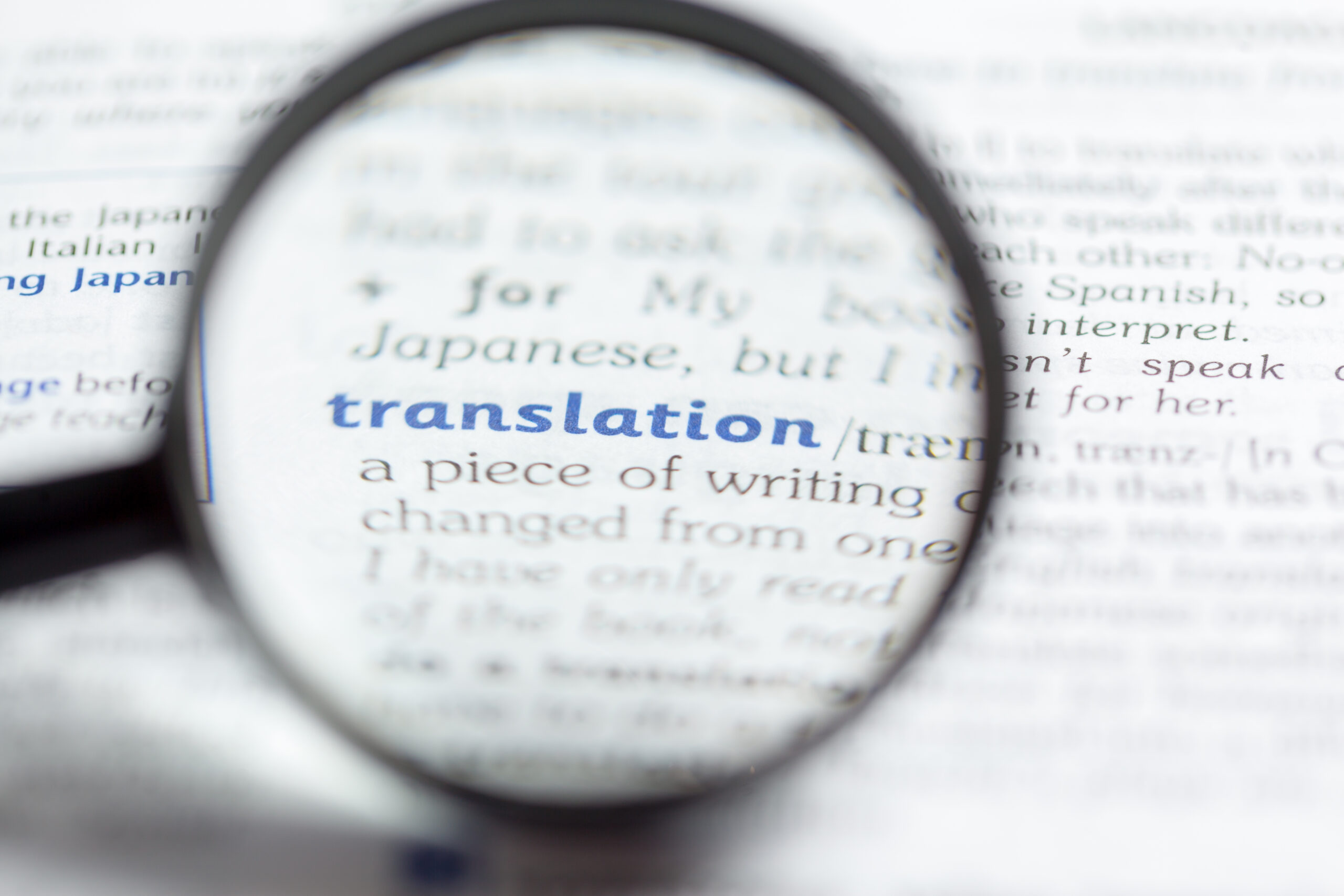
Is machine translation right for you?
1. Linguistic and Cultural Nuances
Machine Translation: AI systems often fail to grasp linguistic nuances such as wordplay, idiomatic expressions, and polysemy, resulting in unnatural or ambiguous translations.
Human Translation: Human translators understand cultural context and linguistic subtleties, adapting complex expressions to make the text smooth and natural.
2. Consistency
Machine Translation: AI can produce inconsistent translations, especially with technical terms, causing confusion for the reader.
Human Translation: Human translators maintain terminological consistency by creating glossaries and style guides to ensure a uniform experience
3. Understanding Emotions and Tone
Machine Translation: AI struggles to convey the emotions and tone of a text, making it suitable only for certain types of content.
Human Translation: Human translators adapt emotions and tone, which are fundamental, for example, in marketing.
Machine translation offers speed and cost-effectiveness, but human translation ensures quality, consistency, and cultural adaptation. The ideal solution is a combination of both for effective communication.



